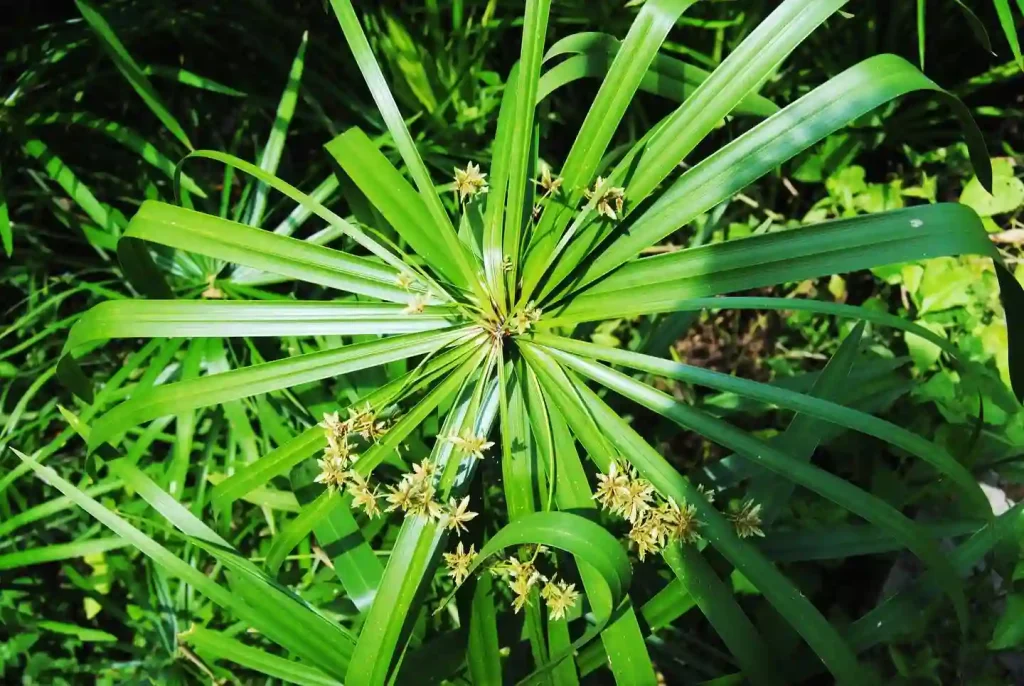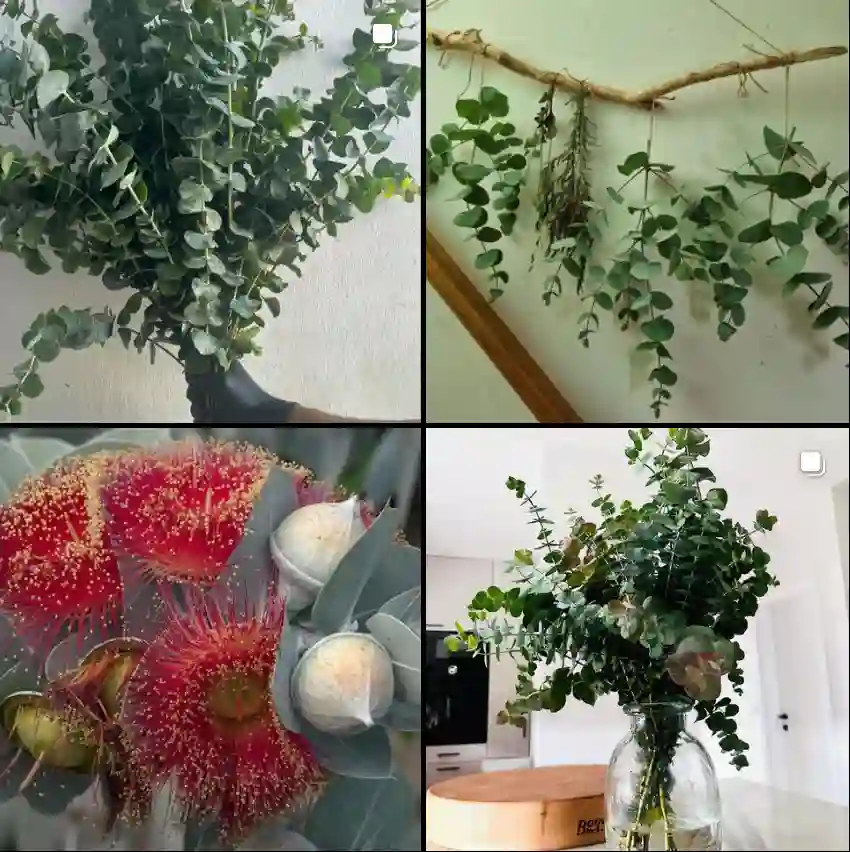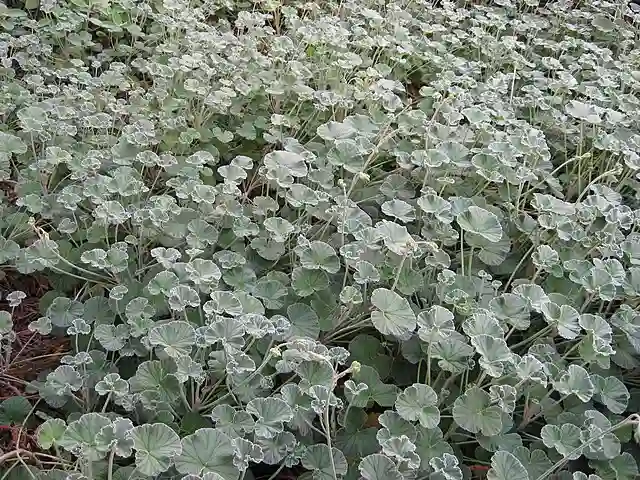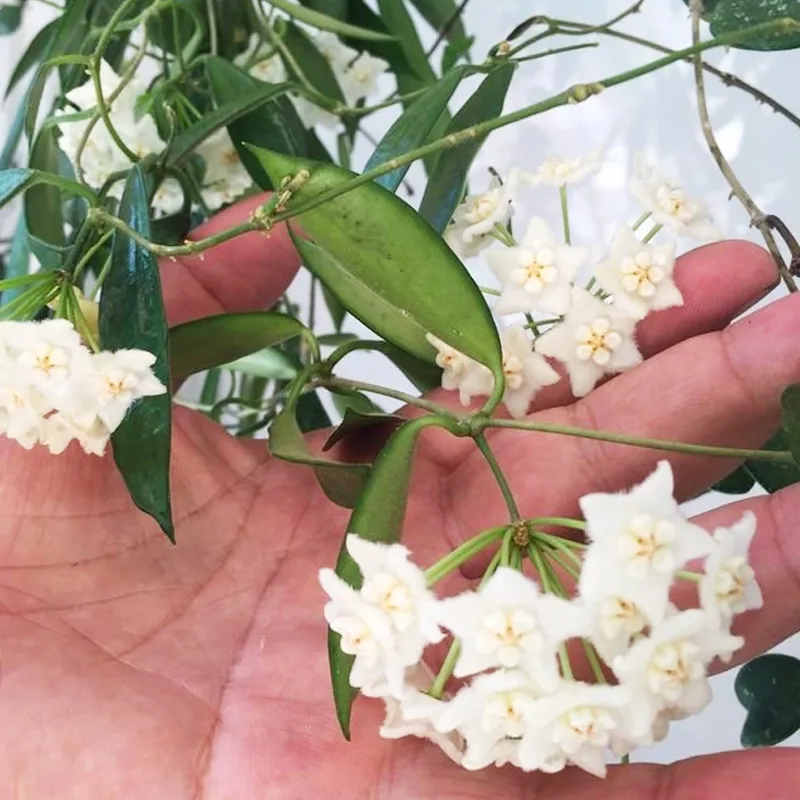My Fascination with Plectranthus
As a plant enthusiast, I’m always on the lookout for unique and interesting genera to add to my collection. Recently, I’ve become captivated by the diverse and beautiful world of Plectranthus. This genus, belonging to the mint family (Lamiaceae), boasts a wide array of species, each with its own distinct characteristics and charm.
A Diverse Genus
Plectranthus is a large genus comprising roughly 83 species. These plants are predominantly native to the Southern Hemisphere, thriving in the warm climates of sub-Saharan Africa, Madagascar, India, Indonesia, Australia, and various Pacific Islands. They are closely related to Solenostemon (coleus) and are often referred to as “spurflowers.” This nickname stems from the unique shape of their flowers, which feature a spur-like projection at the base.
A World of Variety
What truly fascinates me about Plectranthus is the sheer diversity within the genus. Some species are grown for their vibrant and colorful foliage, while others are prized for their aromatic qualities. They come in a variety of forms, from herbaceous perennials and annuals to soft-wooded shrubs and even succulents. Some even have a tuberous base. This incredible variety makes them a versatile choice for gardeners and plant lovers alike.
Here are:
- Plectranthus alboviolaceus Gürke
- Plectranthus ambiguus (Bolus) Codd
- Plectranthus amplexicaulis Hedge
- Plectranthus antongilicus Hedge
- Plectranthus asymmetricus A.J.Paton
- Plectranthus atroviolaceus Hedge
- Plectranthus aulihanensis (Schweinf. & Volkens) ined.
- Plectranthus betamponus Hedge
- Plectranthus bracteolatus A.J.Paton
- Plectranthus brevicaulis (Baker) Hedge
- Plectranthus brevimentum T.J.Edwards
- Plectranthus canescens Benth.
- Plectranthus capuronii Hedge
- Plectranthus chimanimanensis S.Moore
- Plectranthus ciliatus E.Mey.
- Plectranthus clementiae Hedge
- Plectranthus cordatus A.J.Paton & Phillipson
- Plectranthus decaryi Hedge
- Plectranthus delicatissimus Hedge
- Plectranthus ecklonii Benth.
- Plectranthus elegans Britten
- Plectranthus elegantulus Briq.
- Plectranthus ellipticus Hedge
- Plectranthus emirnensis (Baker) Hedge
- Plectranthus ernstii Codd Plant FAQs: Plectranthus Ernstii
- Plectranthus forsythii Hedge
- Plectranthus fruticosus L’Hér.
- Plectranthus gardneri Thwaites
- Plectranthus gibbosus Hedge
- Plectranthus godefroyae (N.E.Br.) ined.
- Plectranthus grallatus Briq.
- Plectranthus grandibracteatus Hedge
- Plectranthus guruensis A.J.Paton
- Plectranthus hexaphyllus Baker
- Plectranthus hilliardiae Codd
- Plectranthus hirsutus Hedge
- Plectranthus hoslundioides Scott Elliot
- Plectranthus humbertii Hedge
- Plectranthus incrassatus Hedge
- Plectranthus laurifolius Hedge
- Plectranthus linearis Hedge
- Plectranthus longiflorus Benth.
- Plectranthus longipetiolatus Hedge
- Plectranthus lucidus (Benth.) van Jaarsv. & T.J.Edwards
- Plectranthus macilentus Hedge
- Plectranthus malvinus van Jaarsv. & T.J.Edwards
- Plectranthus mandalensis Baker
- Plectranthus marquesii Gürke
- Plectranthus mechowianus (Briq.) ined.
- Plectranthus membranaceus (Scott Elliot) Hedge
- Plectranthus miserabilis Briq.
- Plectranthus mocquerysii Briq.
- Plectranthus mzimvubuensis van Jaarsv.
- Plectranthus oblanceolatus Hedge
- Plectranthus oertendahlii T.C.E.Fr.
- Plectranthus ombrophilus Hedge
- Plectranthus oribiensis Codd
- Plectranthus papilionaceus Ranir. & Phillipson
- Plectranthus pichompae Hedge
- Plectranthus poggeanus (Briq.) ined.
- Plectranthus praetermissus Codd
- Plectranthus preussii (Gürke) ined.
- Plectranthus purpuratus Harv.
- Plectranthus reflexus van Jaarsv. & T.J.Edwards
- Plectranthus rosulatus Hedge
- Plectranthus rubropunctatus Codd
- Plectranthus rubroviolaceus Hedge
- Plectranthus saccatus Benth.
- Plectranthus scaposus Hedge
- Plectranthus schweinfurthii Sprenger
- Plectranthus secundiflorus (Baker) Hedge
- Plectranthus strangulatus A.J.Paton
- Plectranthus strigosus Benth. ex E.Mey.
- Plectranthus stylesii T.J.Edwards
- Plectranthus swynnertonii S.Moore
- Plectranthus termiticola A.J.Paton
- Plectranthus trilobus Hedge
- Plectranthus verticillatus (L.f.) Druce Plant FAQs: Swedish Ivy – Plectranthus Verticillatus
- Plectranthus vestitus Benth.
- Plectranthus vinaceus Hedge
- Plectranthus viridis (Briq.) ined.
- Plectranthus zenkeri Gürke
- Plectranthus zuluensis T.Cooke
More Than Just Looks
While the aesthetic appeal of Plectranthus is undeniable, these plants offer more than just visual interest. Many species have a long history of use in traditional medicine, particularly in Africa and Asia. They have been used to treat a variety of ailments, including coughs, colds, fever, and skin conditions. Some species are even used as culinary herbs, adding a unique flavor to dishes.
My Growing Collection
I’ve started my own Plectranthus collection with a few readily available species, and I’m eager to expand it. I’m particularly drawn to the varieties with unique foliage colors and textures. I’m also interested in exploring the culinary and medicinal uses of these fascinating plants.
Growing Plectranthus
In my experience, Plectranthus are relatively easy to grow. They prefer well-drained soil and bright, indirect light. Most species can tolerate some shade, but they will produce more vibrant foliage in brighter conditions. They also appreciate regular watering, but be careful not to overwater, as this can lead to root rot. Many species can be easily propagated from cuttings, making it simple to expand your collection.
A Rewarding Pursuit
Exploring the world of Plectranthus has been a rewarding experience. I’m constantly amazed by the diversity and beauty of this genus. Whether you’re a seasoned gardener or a novice plant enthusiast, I highly recommend giving Plectranthus a try. You won’t be disappointed.
If i die, water my plants!



